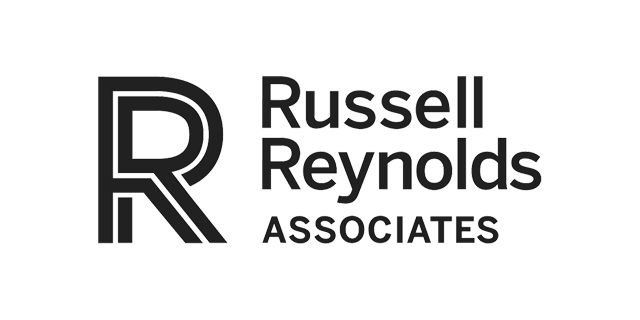
In partnership with:


Climate remained a central focus of environmental shareholder proposals in the 2024 proxy season, although investor support has become more selective and resolutions seeking to limit or roll back corporate commitments have increased. This report analyzes climate-focused shareholder proposals at Russell 3000 companies, covering core focus areas, major sponsors and target industries, shifts in investor support, and potential future trends in climate activism.

myTCB® Members get exclusive access to webcasts, publications, data and analysis, plus discounts to events.


